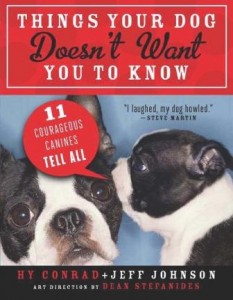Many of us bloggers and readers spend a lot of time traveling social media sharing books we find and adding new books to our wish lists and tbr piles. I’ve signed up for GoodReads, LibraryThing, and Pinterest to manage my lists, but Riffle, an app for Facebook users, allows us not only to have shelves of recommendations for our followers, but also visual covers of those books just like Pinterest.
If you’d like to check it out, click on the logo at the top to gain access — TODAY Only!

 About the Author:
About the Author:



 About the Author:
About the Author:


 About the Author:
About the Author:
 About the Authors:
About the Authors:


 Out of True by Amy Durant, blogger at
Out of True by Amy Durant, blogger at 






